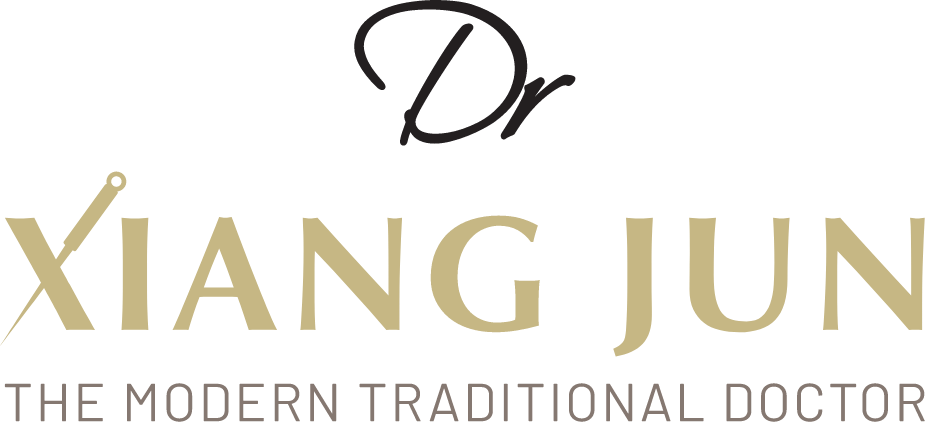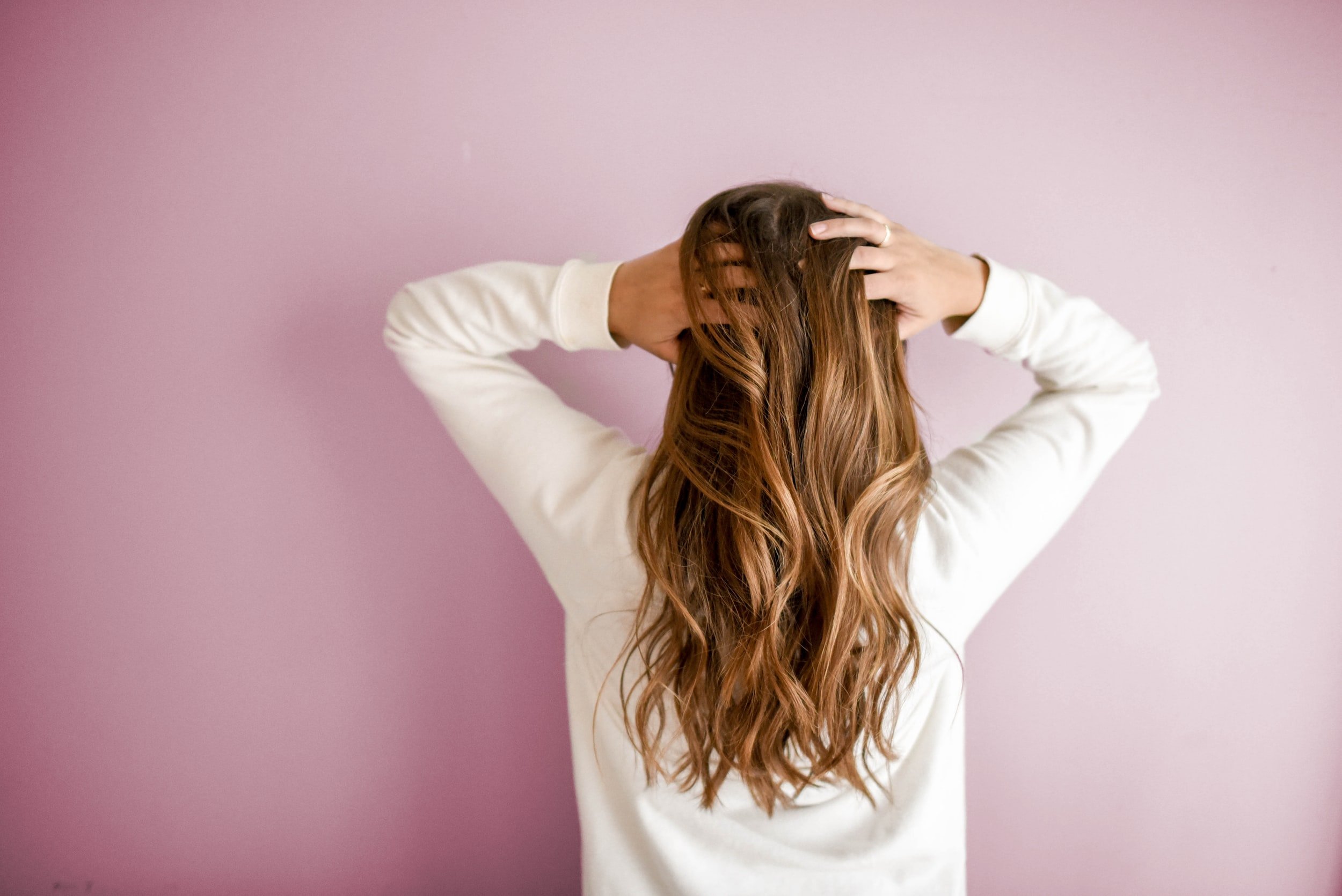Scientific Proof to How your Body react to Acupuncture and Traditional Chinese Medicine - Hair Loss
Regular sessions of Acupuncture and Traditional Chinese Medicine can treat Hair Loss.
For hair loss there are actually multiple kind of hair loss and different reasons that cause hair loss. For this article I will be focusing on the more common kind of hair loss in Western Medicine – Seborrhoeic alopecia or androgenic alopecia. This is an androgen-dependent hereditary hair loss disease that is linked to hormone imbalance. The presentation of Seborrhoeic alopecia are mostly excessive secretion of scalp oil, greasy hair, dandruff and itchy scalp. The classic hair loss pattern is often on the sides of the forehead and top of the head. This hair loss condition can occur both in men and women, but with higher occurrence in young men. As the condition affects the aesthetics, it can cause great stress and mental psychological burden on patients.
In the treatment of hair loss, Western Medicine oral medication can delay and have the condition under control from progressing further. However, some patients may experience aggravation of the symptoms after taking the drugs and the rate of relapse is also significant after stopping the drug usage. Furthermore the drugs can affect the sex hormones and may result in infertility issues in the long run.
Acupuncture can especially improve microcirculation at the scalp to maintain the hair and even regrow the hair that is lost.
An important treatment modality in Traditional Chinese Medicine, acupuncture has been widely used in the treatment of hair loss. Some mechanisms of how acupuncture works to treat hair loss is through replenishing Qi and nourishing Liver and Kidney and regenerate Kidney Life Essence. Acupuncture can especially improve microcirculation at the scalp to maintain the hair and even regrow the hair that is lost.
There are already multiple scientific papers that supports how Acupuncture and Traditional Chinese Medicine methods can treat hair loss.
Further reading: Principles of Traditional Chinese Medicine
Further Reading: Why Acupuncture Works
Further Reading: Everything you need to know about Acupuncture
Conclusion: Acupuncture combined with qi-invigorating superficies-consolidating therapy is significantly effective for treating patients with SA. It can effectively adjust the patient’s hormone levels, improve hair loss, and promote hair growth. It has the advantages of simplicity, tolerability, and low cost. It cures the cause of the disease.
Conclusion: : This study was conducted to evaluate the effects of pharmacopuncture and dermal application of Sebalgukhwa-san extracts on hair growth in an alopecia mouse model. Hair growth was improved in the MNXD and SGS groups compared with the control. Hair density and thickness improved statistically significantly in the MNXD and SGS groups compared with the control p < 0.05. The number of hair follicles improved in the MNXD and SGS groups compared with the control. The expression of vascular endothelial growth factor and insulin like growth factor-1 increased. Pharmacopuncture and dermal application of Sebalgukhwa-san extract are therapeutically beneficial for the treatment of alopecia.
Further reading:
Everything you need to know about Acupuncture
Men’s Health Series: Which is the Better Way to Treat Prostatitis - TCM or Western Medicine?
How do Acupuncture and Acupressure work and which is the Better One
Everything you need to know about Dampness
It is not normal to have cysts and fibroids
Why Everything Cold is Discouraged during Menstruation




